1950
Baroque
Classical
Romantic
Modernist
Renaissance
Contemporary

Mozart
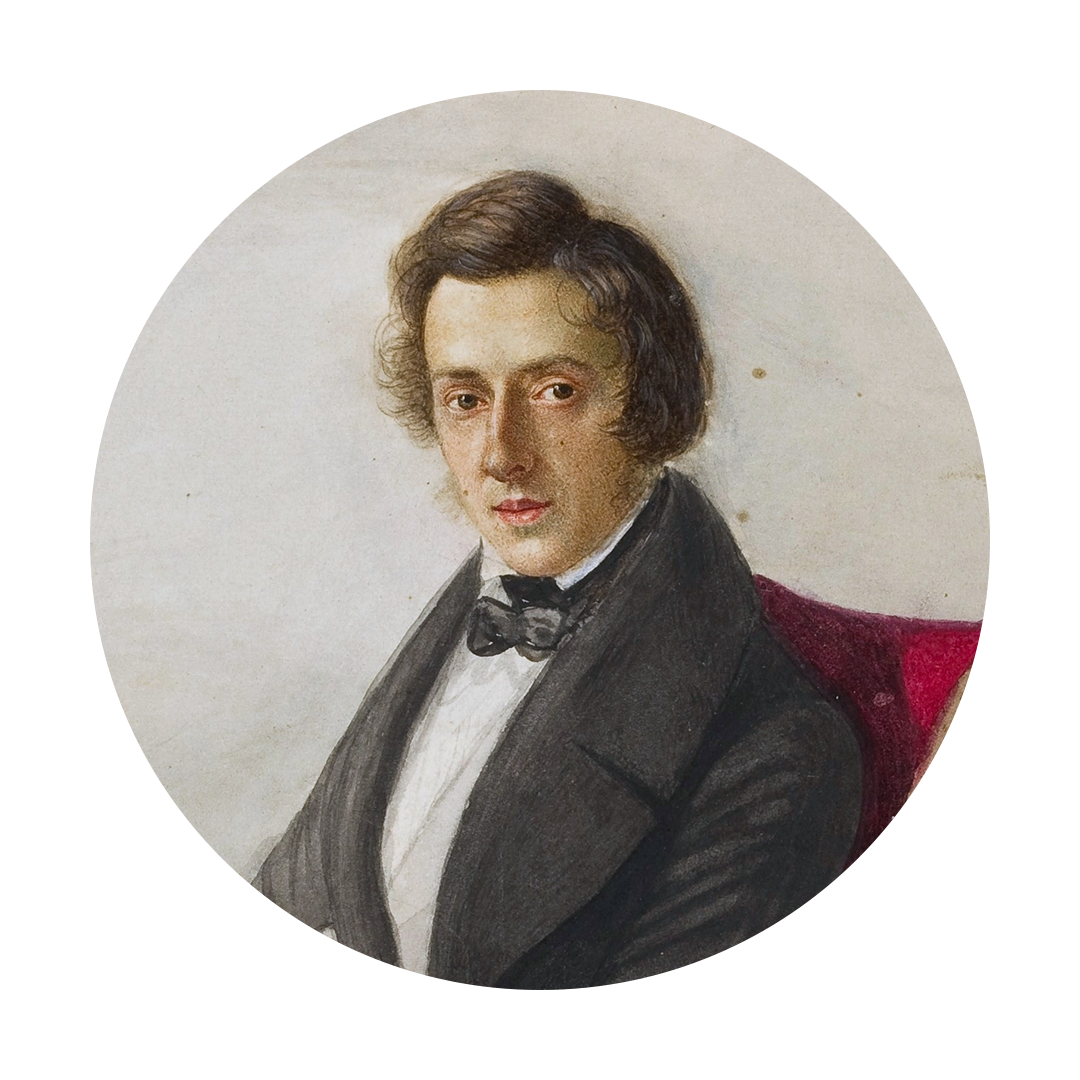
Chopin
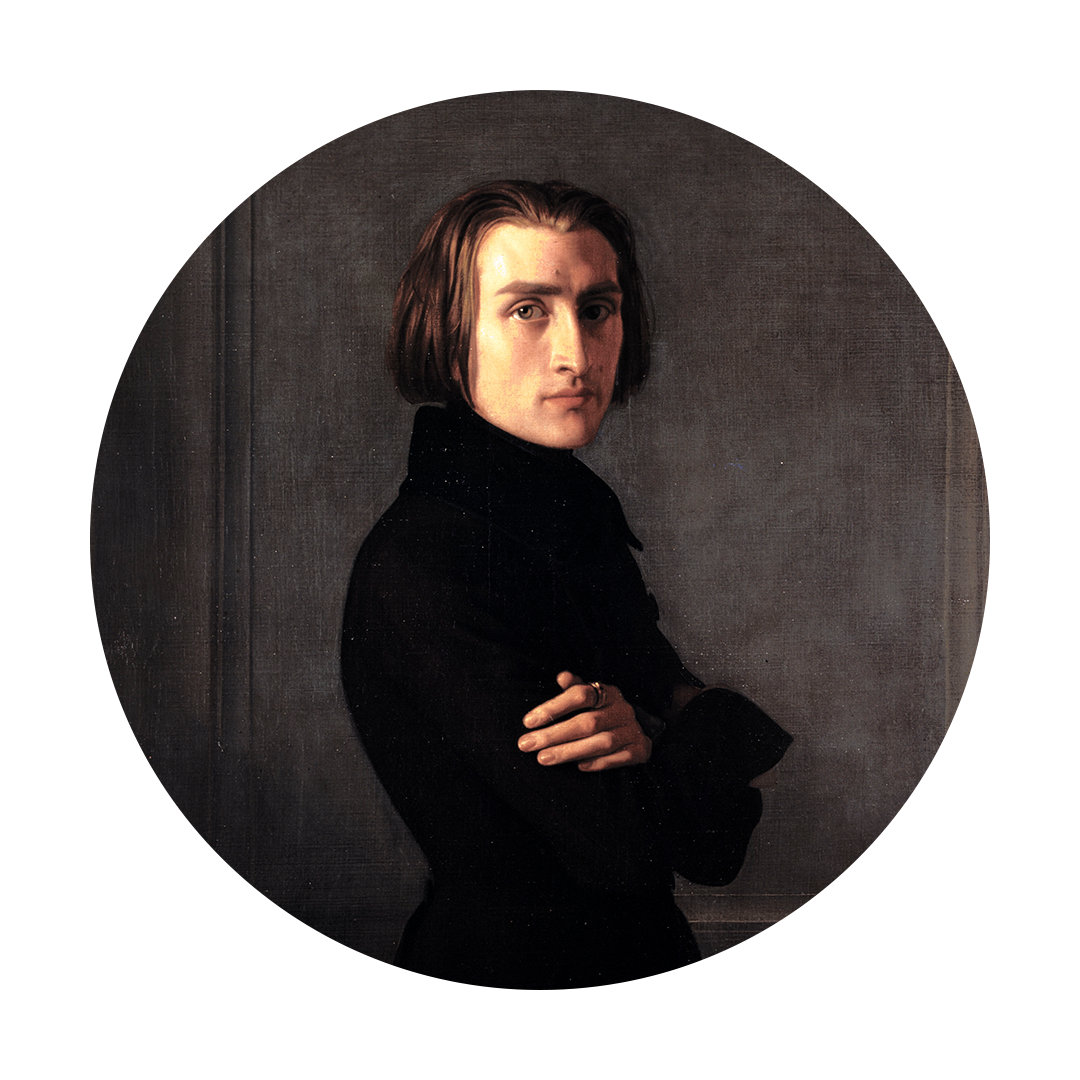
Liszt
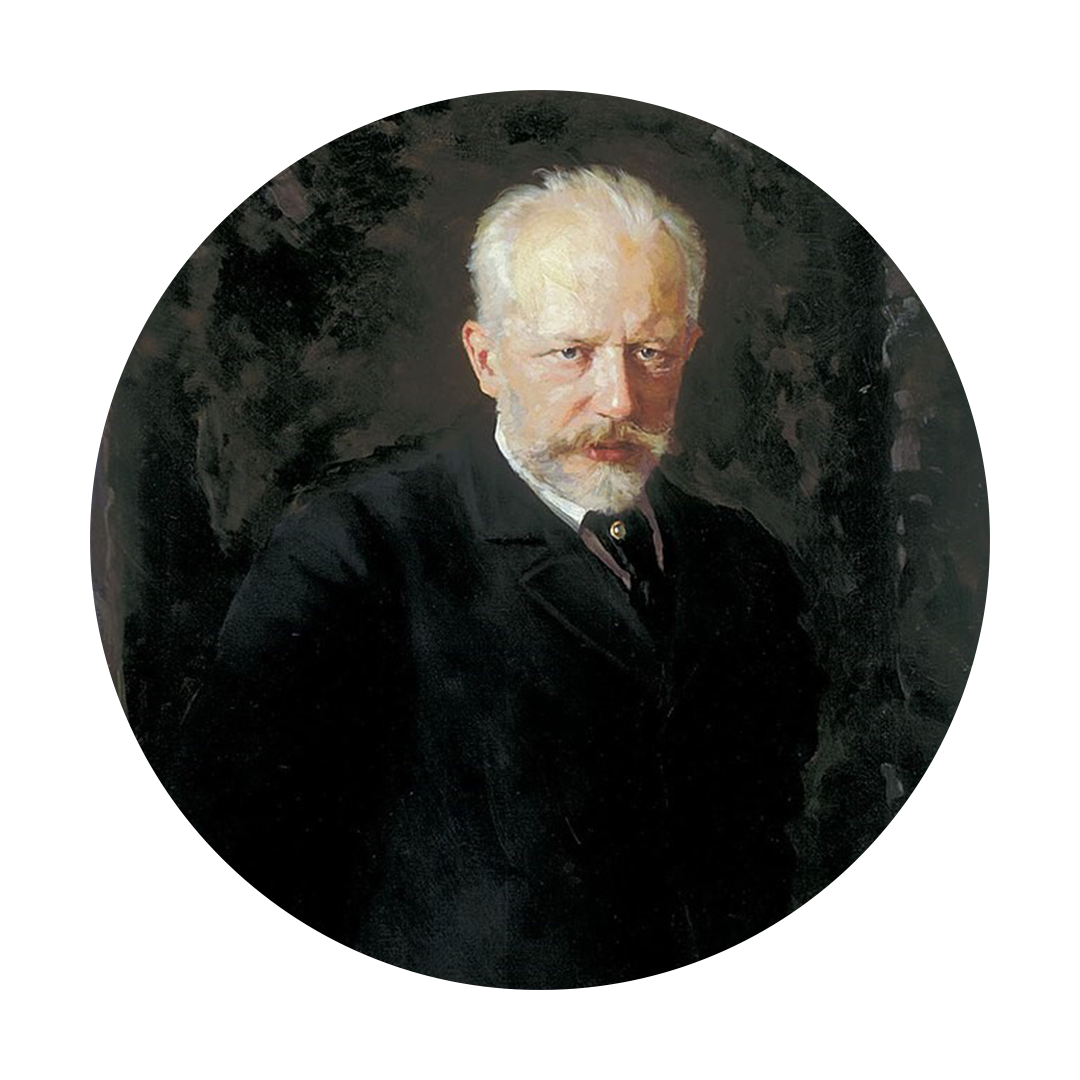
Tchaikovsky
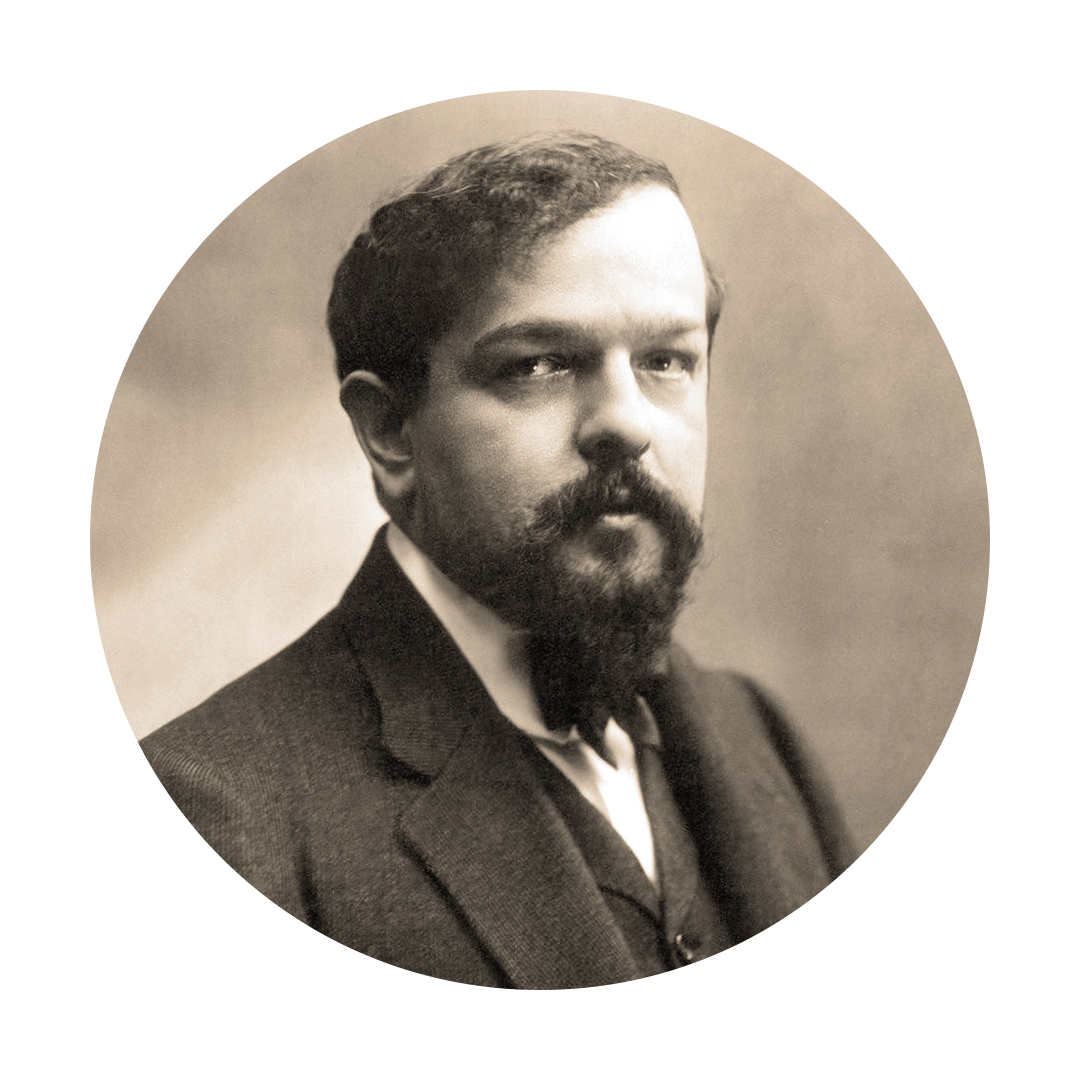
Debussy
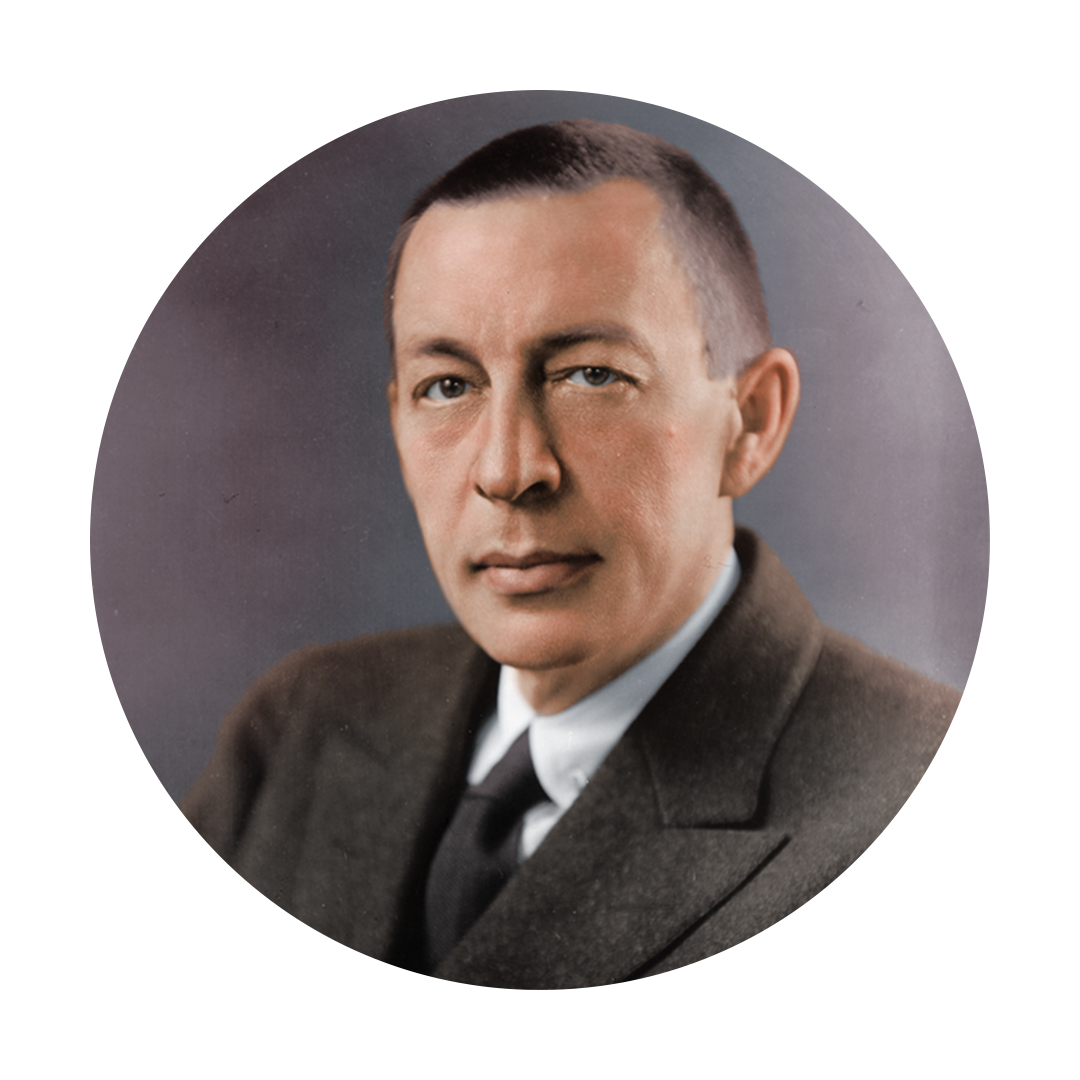
Rachmaninoff
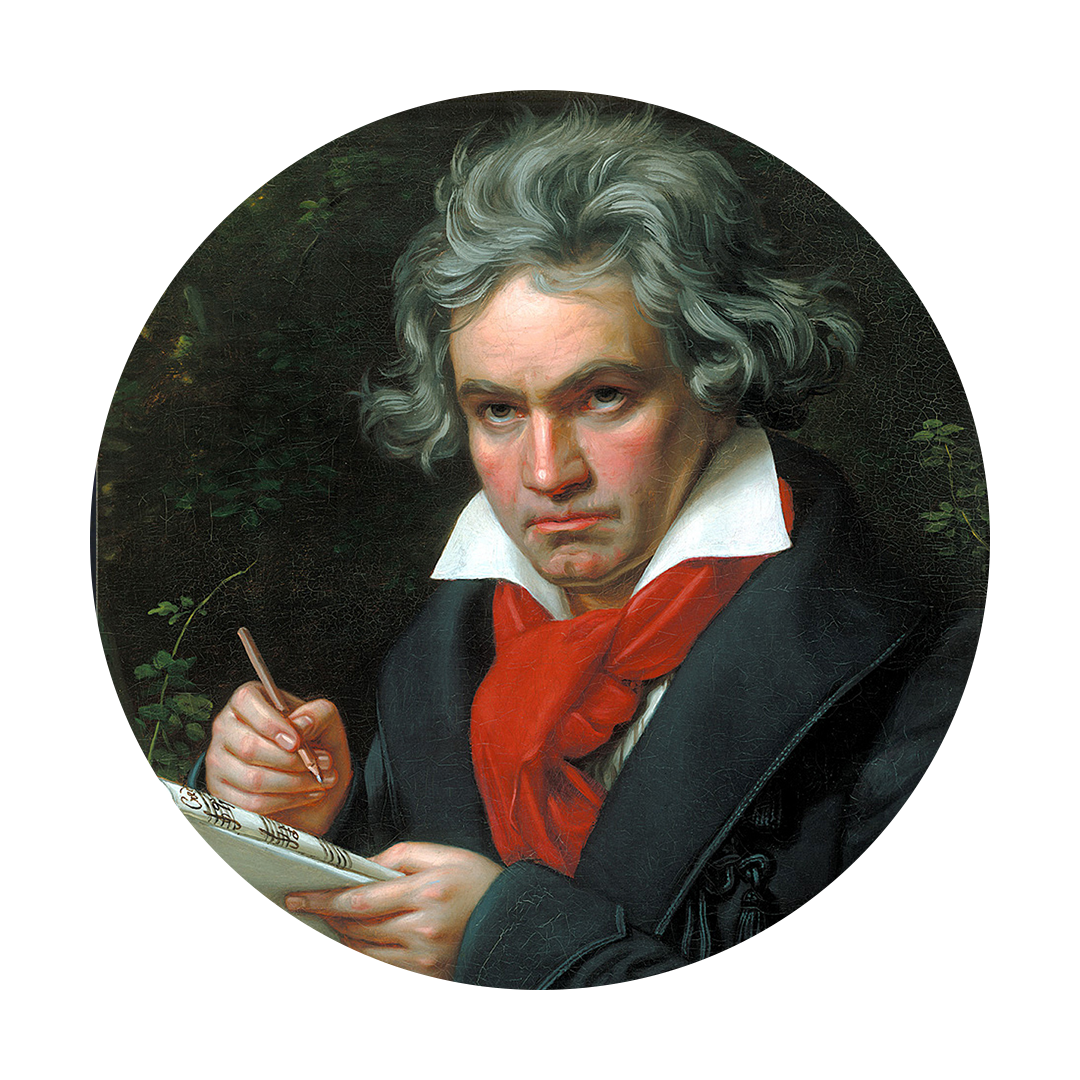
Beethoven

Bach

Mozart

Chopin

Liszt

Tchaikovsky

Debussy

Rachmaninoff

Beethoven

Bach

A German composer of the Baroque period who's music influenced many later composers such as Mozart and Beethoven. He was revered by many for his mastery over harmony, expressed by his compositions.
Besides writing over a thousand works, The Well-Tempered Clavier and Cello Suite No. 1 are instantly recognisable by all.
Mozart was a prodigious Austrian composer of the Classical era, who left an enduring mark on the world of music. Renowned for his extraordinary compositional skills from a young age, Mozart crafted timeless masterpieces which continue to influence other composers even now.
His prolific output includes symphonies, operas, chamber music, and piano works. Well known are his sonatas, and variations such as those on "Twinkle, Twinkle Little Star".


Beethoven was a revolutionary figure in the transition from the Classical to the Romantic era. He was a virtuosic figure who remains a titan among composers. His deafness later in life could not hinder his creative spirit whatsoever.
His Symphony No. 9, with its iconic "Ode to Joy," as well as his numerous piano sonatas, are a testament to Beethoven's lasting impact on the world of classical music.
Chopin, a Polish composer and virtuoso pianist, is celebrated for his expressive and intimate piano compositions. A key figure of the Romantic period, Chopin's works often evoke a sense of poetic lyricism and emotional depth. The profound impact of his legacy is demonstrated by the existence of the prestigious International Chopin Piano Competition, which serves as a global platform where pianists from around the world showcase their artistry.
His collection of Etudes, mazurkas, nocturnes, and more, remain a cornerstone of piano repertoire.


Franz Liszt, a Hungarian composer and piano virtuoso, epitomizes the Romantic era's flamboyance and virtuosity. Liszt's compositions, marked by their technical brilliance, innovation, and dramatic flair, have had a profound impact on the development of piano music. Renowned for his dazzling performances and groundbreaking compositions, Liszt's influence extends far beyond his time.
His Hungarian Rhapsodies, Liebestraume, Transcendental Etudes, etc. are amongst the most intmidatingly complex piano works out there, and his orchestral works like Totentanz (Dance of the Dead) do not let down that same reputation.
Responsible for the creation of many popular melodies, Tchaikovsky is considered to be one of the greatest Romanticist composers. He was the first Russian composer to make himself known worldwide, and was a source of inspiration to many.
Some of his most popular works include the score for the ballets The Nutcracker and Swan Lake.


Debussy, a French Impressionist composer, ushered in a new era of musical expression with his innovative and evocative compositions. Debussy's unconventional style and atmospheric textures transformed the landscape of classical music.
The name Clair de Lune has hardly escaped the ear of anyone, and the piece's rich atmosphere is anything but uncharacteristic of the rest of Debussy's works.
Sergei Rachmaninoff, a Russian composer and virtuoso pianist, occupies a prominent place in the late Romantic period. Known for his lush melodies, intricate harmonies, and profound emotional depth, Rachmaninoff's compositions often reflect the grandeur and melancholy of Russian Romanticism.
His Piano Concerto No. 2 epitomizes the above descriptions, the opening of which often gives listeners goosebumps. He also wrote a beautiful set of Preludes and several other orchestral works, which share the same profound emotional depth akin to a stab wound.

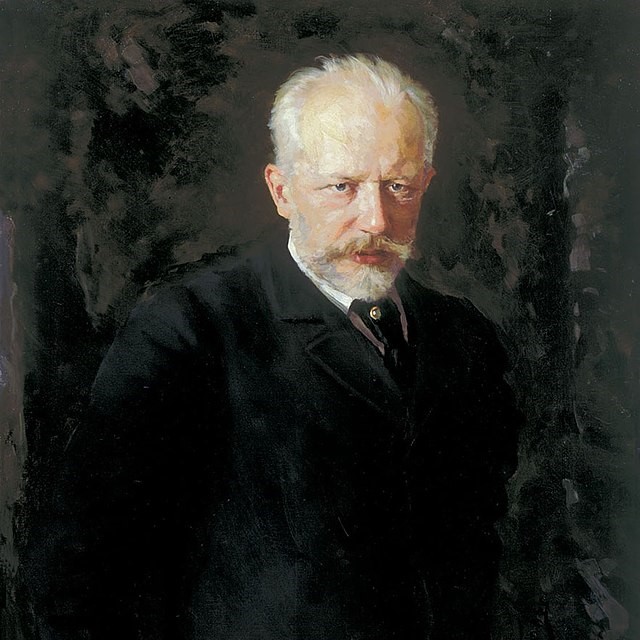
Name: Pyotr Ilyich Tchaikovsky
Era: Romantic
Nationality: Russian
Coming Soon